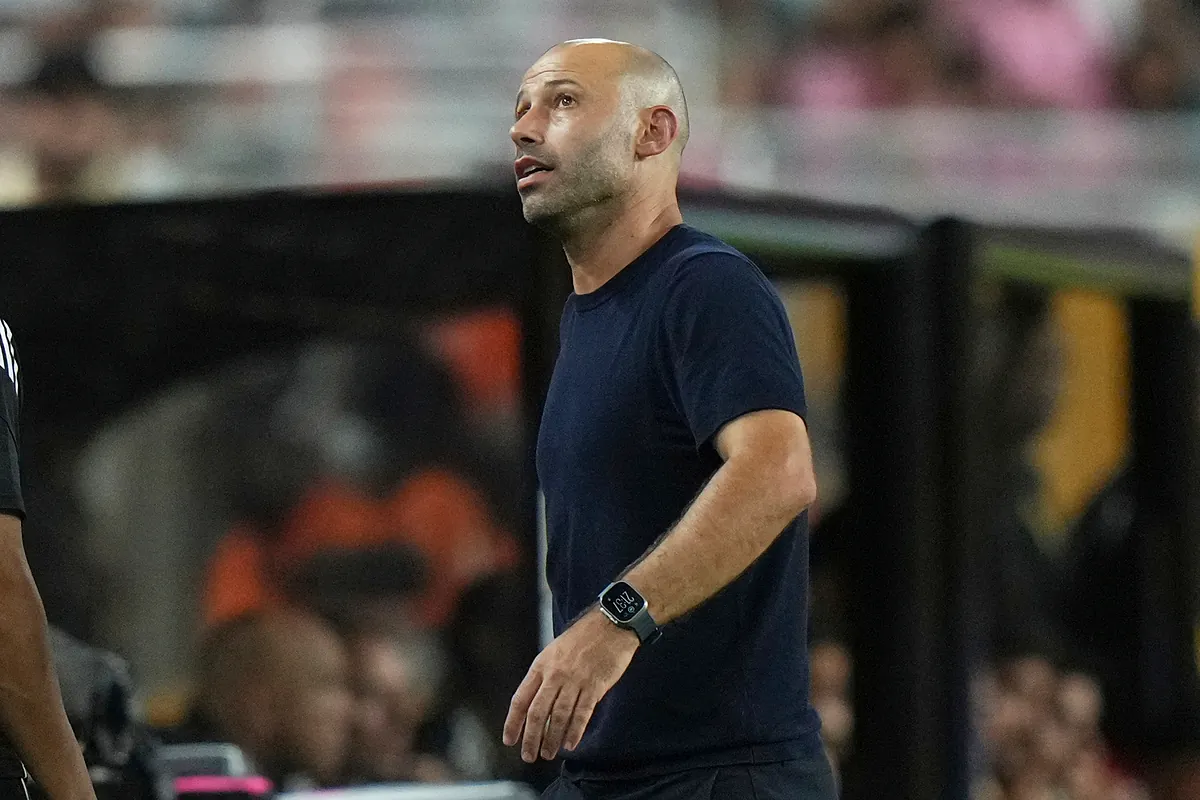Miami’s fixated on Biden’s Cuba moves — but his Venezuela move matters, too.
Last week the Biden Administration made two big Latin America policy changes. One: re-engagement with communist Cub. The other: loosening sanctions against Venezuela’s authoritarian regime. But while the Cuba news got wall-to-wall coverage here in South Florida, the Venezuela shift… not so much, even though it could turn out to be just as consequential.
WLRN’s Sherrilyn Cabrera spoke with Americas editor Tim Padgett to learn more about President Biden’s move on Venezuela and what it could mean for that crisis-torn country — and the diaspora here.
As the pandemic continues, you can rely on WLRN to keep you current on local news and information. Your support is what keeps WLRN strong. Please become a member today. Donate now. Thank you.
Here are excerpts from their conversation, edited for clarity:
CABRERA: Tim, tell us exactly what the Biden Administration did last week vis-à-vis Venezuela.
PADGETT: Mainly, it granted the Chevron Corporation here in the U.S. a new license to negotiate possible new oil-production services work with Venezuela’s state-owned oil monopoly, PDVSA. Chevron has assets in Venezuela, but in recent years, it hasn’t been able to operate there because of the U.S. sanctions on President Nicolás Maduro’s socialist regime — and because PDVSA is an arm of that regime. In 2019, remember, the Trump Administration effectively prohibited imports of Venezuelan oil.
READ MORE: To lift or not to lift? Biden overture sparks oil sanctions debate among Venezuelans
CABRERA: But what does that really change when we’re talking about the tough economic sanctions the U.S. has imposed on Venezuela?
PADGETT: Not a whole lot in and of itself. But back in March, there was a commotion here because senior Biden Administration officials flew to Caracas to talk with senior Maduro regime officials — and they discussed the possibility of loosening U.S. oil sanctions. The U.S. at that moment was barring Russian oil imports because of the Ukraine war, and we needed to fill that energy gap. Last week’s decision by the Biden Administration to loosen the oil sanctions even a little shows it was serious about doing that — and that it might loosen them further.
We could see the U.S. loosen oil sanctions on Venezuela further if — and this is a big if — Maduro ends up offering guarantees for a freer and fairer presidential election in 2024.
CABRERA: Is Russia the only reason Biden made this potentially door-opening move with Venezuela?
PADGETT: No. The other big reason — maybe the more important reason — is politics, not petroleum. It appears — and I emphasize appears here — that Maduro has agreed to return to democratic reform talks with the Venezuelan opposition in Mexico City. (Maduro had shut down those talks last fall.) A big reason is that Venezuela’s economy is wrecked, so Maduro desperately wants the U.S. to lift sanctions more completely so he can get his wrecked oil industry pumping again.
RIGGED ELECTION
So we could see the U.S. move that way — IF Maduro ends up offering guarantees for a freer and fairer presidential election in 2024. Remember: Maduro is widely accused of rigging his re-election in 2018 — which is why the U.S. and almost 60 other countries don’t recognize him as Venezuela’s constitutionally legitimate president. They recognize opposition leader Juan Guaidó.
CABRERA: Right. So are Guaidó and Venezuela’s political opposition on board with this?
PADGETT: Good question. A Guaidó representative I spoke with last week told me they were informed by Biden’s people that this Chevron decision was coming — but they weren’t really consulted about it. Biden’s people say they did consult the opposition. But that may mean they consulted a portion of the opposition that doesn’t always see eye-to-eye with Guaidó these days. That’s the faction that sent Biden a letter last month urging him to ease the sanctions and negotiate with Maduro.
But Guaidó, for now, seems to be OK with what Biden did last week — IF and only if it helps leverage Maduro toward democracy concessions.
CABRERA: And how does the Venezuelan diaspora here in South Florida feel about this?
PADGETT: Very much against it for the most part. Most Venezuelan exiles here feel the same way about the socialist Maduro regime as most Cuban exiles here feel about the communist Castro regime. Meaning: they don’t want any negotiation with these regimes and they want full-bore U.S. and international sanctions pressure to squeeze them out of power.
Problem is, Maduro looks more entrenched in power today than he did when Trump imposed the toughest sanctions on his regime a few years ago. So a lot of people are starting to ask the same question regarding Venezuela that so many ask about Cuba: are the U.S. sanctions really working?



